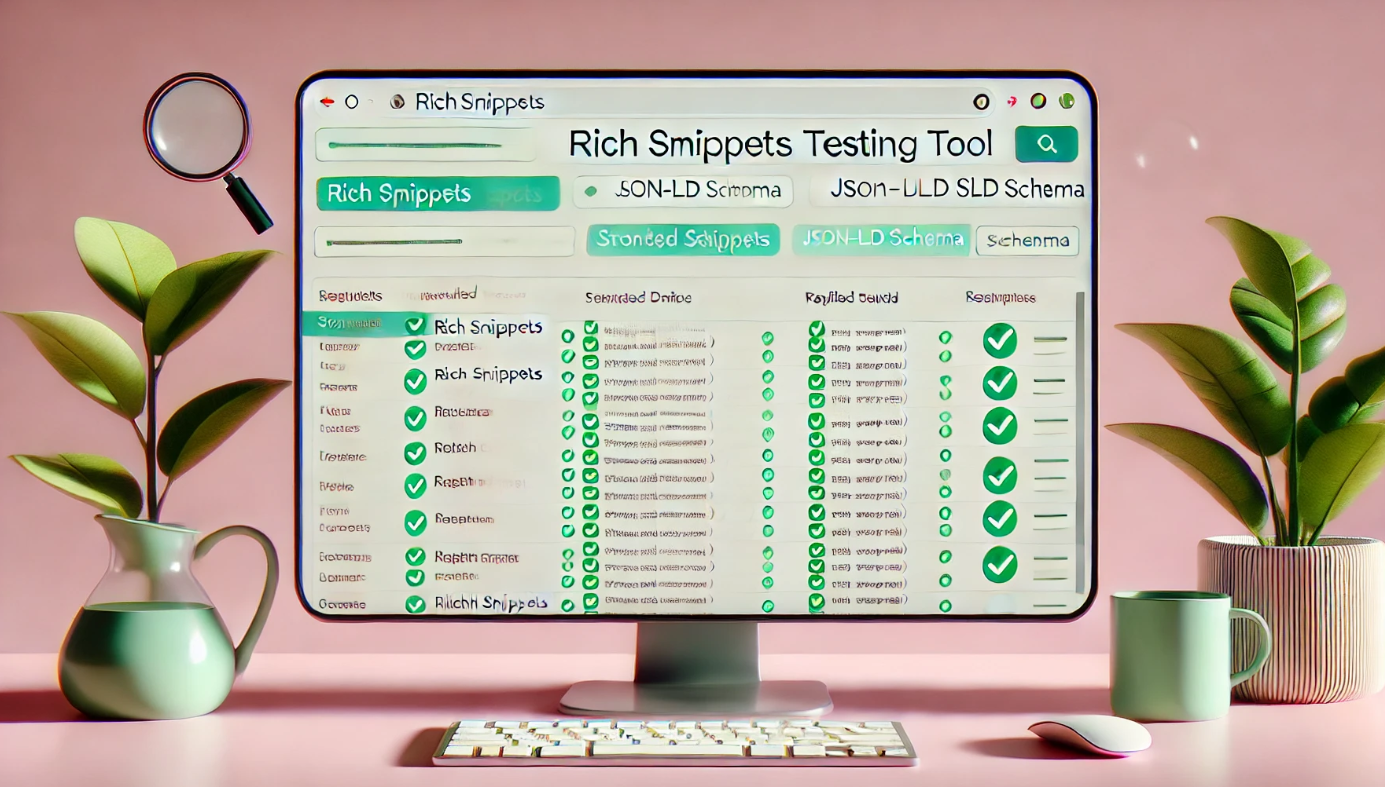Rich Snippets Testing Tool: Preview & Validate Your Structured Data
Last updated on: February 25, 2025
Notesly Team
School Student

Introduction to Rich Snippets
Rich snippets are enhanced search results that display additional information beyond the standard title, URL, and meta description. They use structured data to provide context to search engines, helping users quickly find relevant information.
What Are Rich Snippets?
Rich snippets are special search results that include extra details like ratings, prices, product availability, and event dates. These elements make listings more visually appealing and informative.
Why Are Rich Snippets Important for SEO?
Rich snippets improve SEO by increasing click-through rates (CTR), enhancing user experience, and making search results more engaging. They help websites stand out in search engine results pages (SERPs) and provide quick insights to users.
What is a Rich Snippets Testing Tool?
Definition and Purpose
A rich snippets testing tool evaluates structured data implementation on a webpage. It helps ensure that the schema markup is correctly applied and meets search engine requirements.
How Testing Tools Help Improve Visibility
By identifying errors and providing optimization suggestions, these tools help webmasters refine structured data, increasing the chances of appearing as a rich snippet.
Popular Rich Snippets Testing Tools
- Google’s Rich Results Test – A free tool from Google that checks if structured data qualifies for rich results.

- Schema Markup Validator – A tool by Schema.org for validating JSON-LD, Microdata, and RDFa.

- Third-Party Tools
- SEMrush – Provides SEO insights and structured data audits.
- Screaming Frog – Helps crawl websites and analyze schema implementation.

Step-by-Step Guide to Using a Testing Tool
1. Inputting URLs or Code Snippets
- Enter the webpage URL or paste schema markup to analyze the structured data.
2. Interpreting Results (Errors, Warnings, Validations)
- Errors indicate incorrect schema usage.
- Warnings suggest improvements.
- Validations confirm that structured data is correctly formatted.
3. Previewing How Rich Snippets Appear in Search
- Testing tools display a simulated version of how the snippet will look in Google results.
Common Issues Found During Testing
- Missing or Incorrect Schema Markup – Elements like product price or ratings might be absent.
- Invalid Structured Data – Errors in JSON-LD or Microdata format can prevent rich snippets from appearing.
- Mobile vs. Desktop Preview Differences – Formatting and display issues may vary across devices.
Best Practices for Fixing Rich Snippet Errors
- Validating Schema Markup Syntax – Ensure compliance with Schema.org standards.
- Using Google Search Console for Monitoring – Regularly check for warnings and errors.
- Iterative Testing and Debugging – Test frequently to maintain structured data quality.
Case Study: Before and After Testing
Example of a Website’s Improved Rich Snippets
A product page initially lacked review and price details. After implementing structured data correctly, the snippet displayed ratings, increasing CTR.
Impact on Click-Through Rates (CTR)
Studies show that optimized rich snippets can boost CTR by up to 30%, driving more organic traffic.
FAQs About Rich Snippets Testing
- Can Testing Tools Guarantee Rich Snippets?
- No, even valid structured data doesn’t guarantee display in SERPs.
- How Often Should You Test?
- Regular testing is recommended, especially after content updates.
- Do Rich Snippets Work for All Types of Content?
- Not all content qualifies; Google supports specific schema types like products, recipes, and reviews.
Conclusion
The Role of Testing in SEO Success
Testing ensures that structured data is correctly implemented, improving visibility and engagement.
Encouraging Continuous Learning and Experimentation
SEO best practices evolve, so staying updated with the latest structured data guidelines is crucial.
Additional Resources
- Official Documentation: Schema.org, Google Search Central
- Recommended Courses: Google’s Structured Data Training, Moz’s SEO Guides
